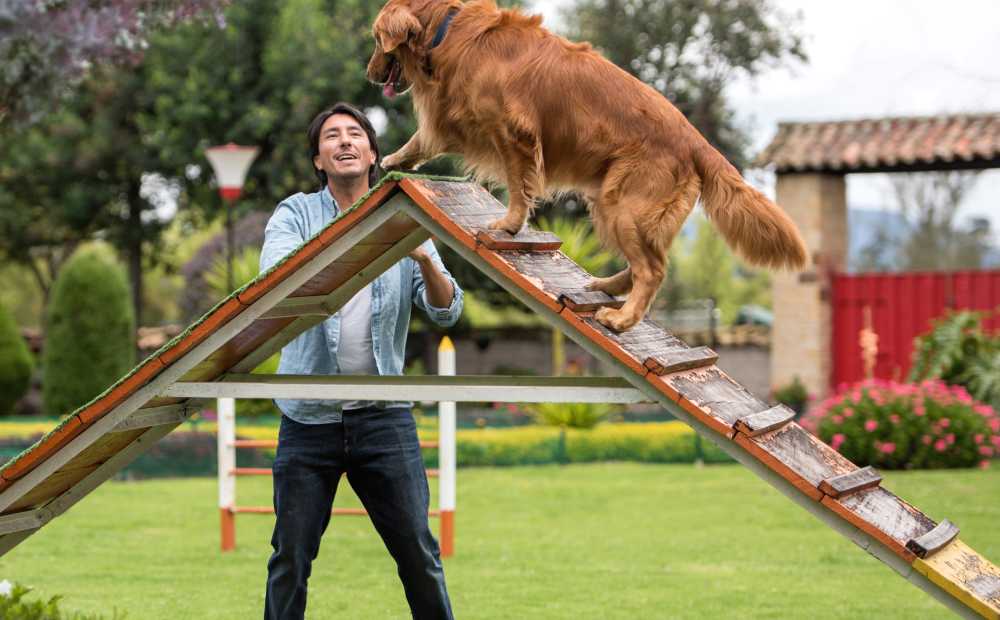Dog training is a fundamental aspect of responsible pet ownership. The importance of dog training cannot be overstated, as it plays a vital role in ensuring a harmonious relationship between you and your pet. Training helps dogs understand what is expected of them and fosters a well-behaved companion that can adapt to various environments. In this blog, we will delve into the numerous benefits of dog training and explore various techniques that contribute to a well-behaved pet.
Establishing Obedience: The Foundation of a Well-Behaved Dog
Obedience training for dogs is the cornerstone of a disciplined pet. By teaching basic commands such as sit, stay, and come, you lay the groundwork for a dog that listens and responds appropriately to your cues. This type of training not only makes everyday interactions easier but also ensures the safety of your pet in potentially dangerous situations.
Correcting Behavioral Issues Early On
Behavioral training for pets addresses common issues such as excessive barking, jumping, and chewing. Addressing these behaviors early on prevents them from becoming ingrained habits that are harder to correct later. The importance of dog training lies in its ability to mold a dog’s behavior, making them a more pleasant companion at home and in public settings.
Puppy Training Basics: Starting on the Right Paw
Introducing puppy training basics at an early age is crucial for setting the stage for future learning. Puppies are like sponges, absorbing information rapidly. Basic training during this stage helps them learn boundaries and socialization skills that are essential for their development. The importance of dog training during puppyhood cannot be underestimated, as it shapes their behavior for life.
Positive Reinforcement: A Gentle Yet Effective Approach
Positive reinforcement training is one of the most effective methods for teaching new behaviors. This technique involves rewarding desired behaviors with treats, praise, or play, encouraging the dog to repeat the action. The importance of dog training using positive reinforcement lies in its ability to build a strong bond between you and your pet, as it focuses on rewarding good behavior rather than punishing bad behavior.
Socialization: Ensuring a Well-Adjusted Pet
Socialization is a key component of behavioral training for pets. By exposing your dog to different environments, people, and other animals, you help them become well-adjusted and less likely to react negatively to new situations. The importance of dog training in socialization is evident in the way it reduces fear and aggression, leading to a more confident and friendly pet.
Enhancing Communication Between You & Your Pet
Training enhances the communication between you and your dog, allowing you to understand each other better. Through obedience training for dogs, you learn to interpret your dog’s body language and signals, while your dog learns to respond to your commands. This mutual understanding strengthens the bond between you and your pet, making the importance of dog training even more apparent.
Building Confidence in Your Dog
Positive reinforcement training not only teaches your dog new behaviors but also boosts their confidence. A confident dog is less likely to develop anxiety or fear-based behaviors, making them more adaptable to different situations. The importance of dog training in building confidence is crucial for a dog’s overall well-being.
Long-Term Benefits: A Lifetime of Good Behavior
The dog training benefits extend far beyond the initial learning phase. Consistent training throughout your dog’s life ensures that they retain the skills they’ve learned and continue to exhibit good behavior. The importance of dog training lies in its ability to provide long-term benefits, resulting in a well-behaved and content pet.
FAQs About Dog Training
Q1. What is the best age to start puppy training?
The best age to start puppy training basics is as early as 8 weeks old. At this age, puppies are more receptive to learning and can quickly pick up on basic commands and socialization skills. Starting early also helps prevent the development of unwanted behaviors.
Q2. How does positive reinforcement work in dog training?
Positive reinforcement training works by rewarding your dog for exhibiting the desired behavior. This could be in the form of treats, praise, or playtime. The goal is to encourage your dog to repeat the behavior by associating it with positive outcomes.
Q3 Can older dogs be trained effectively?
Yes, older dogs can be trained effectively, although it may take more time and patience compared to training a puppy. The importance of dog training applies to dogs of all ages, as they can still learn new behaviors and correct unwanted ones with the right techniques.
Conclusion: A Well-Trained Dog Is a Happy Dog
Investing in your dog’s training is one of the most rewarding aspects of pet ownership. The importance of dog training is reflected in the improved behavior, better communication, and stronger bond you will share with your pet. Whether through obedience training for dogs or positive reinforcement training, the time and effort you put into teaching your dog will lead to a lifetime of companionship and joy.
To learn more about training services or to get started on your dog’s training journey, visit Doggy Ville.

